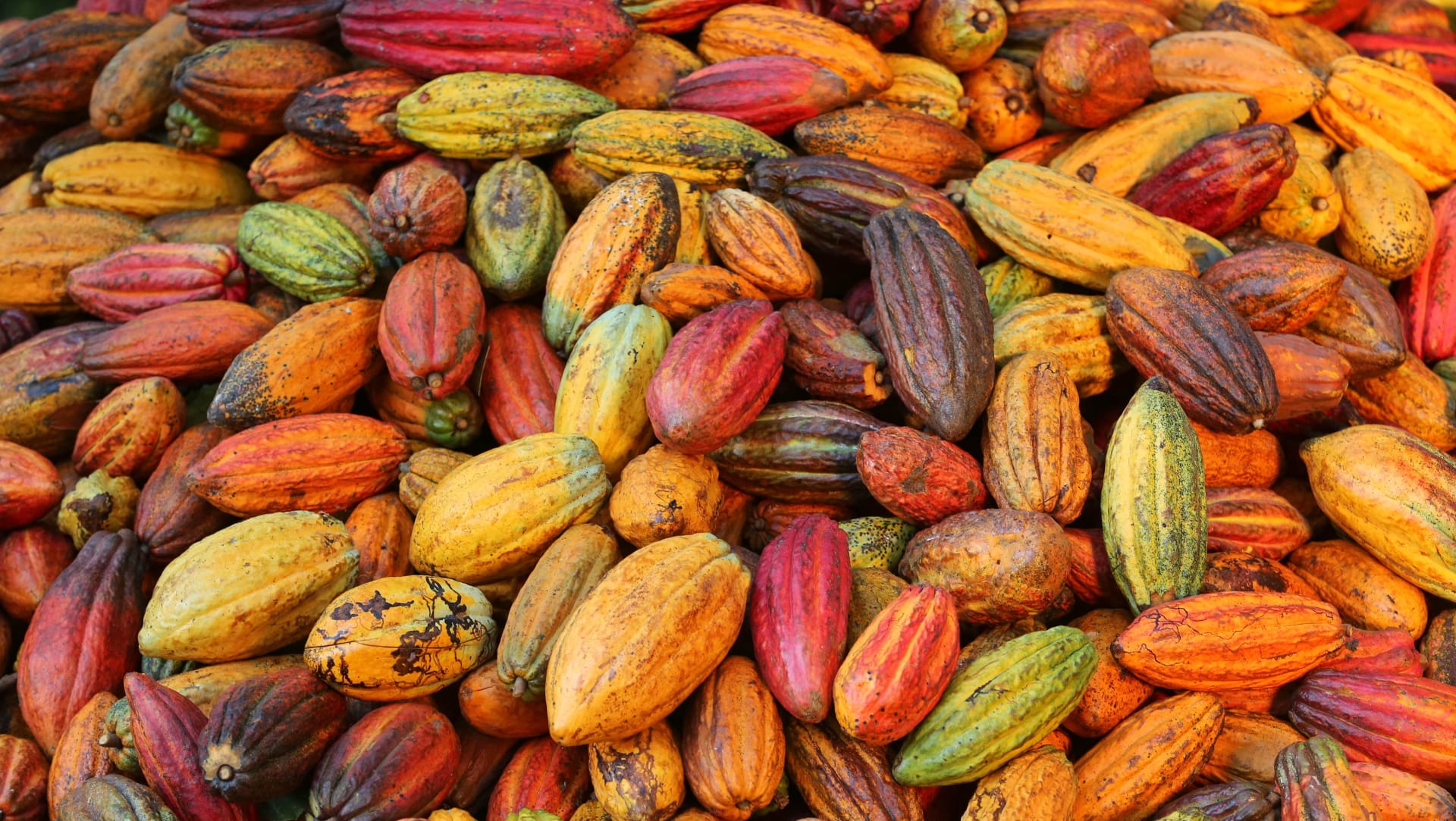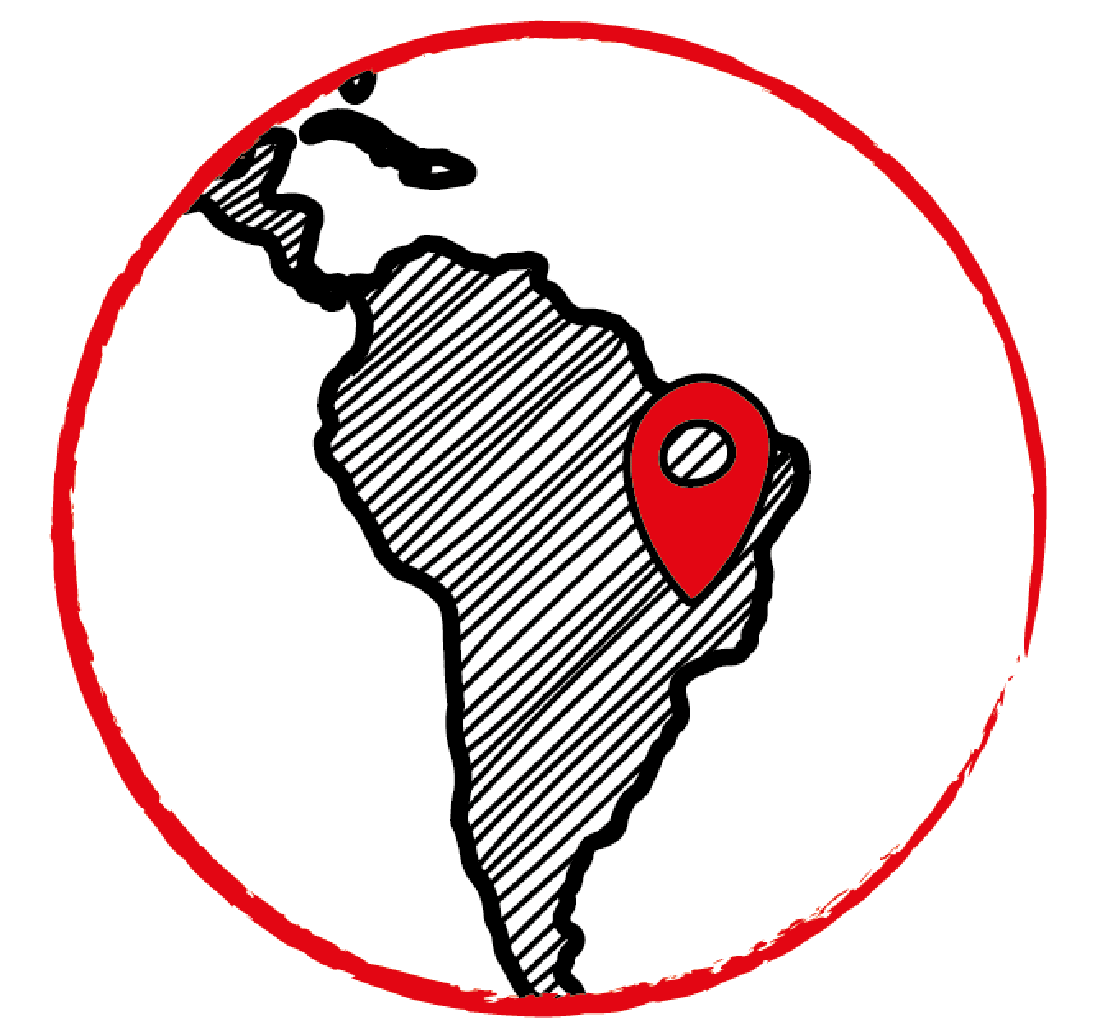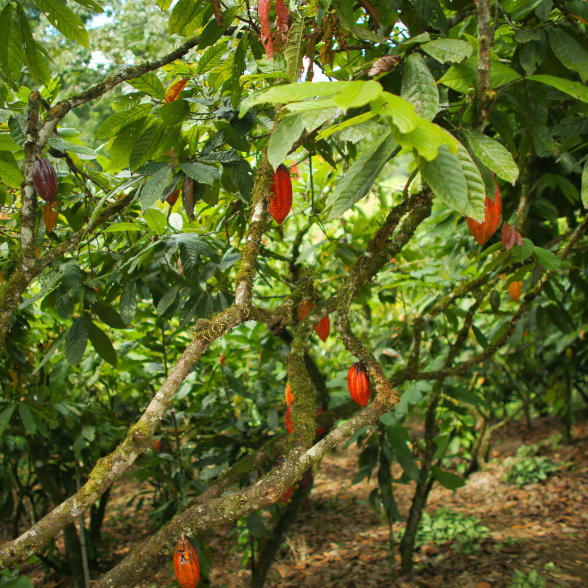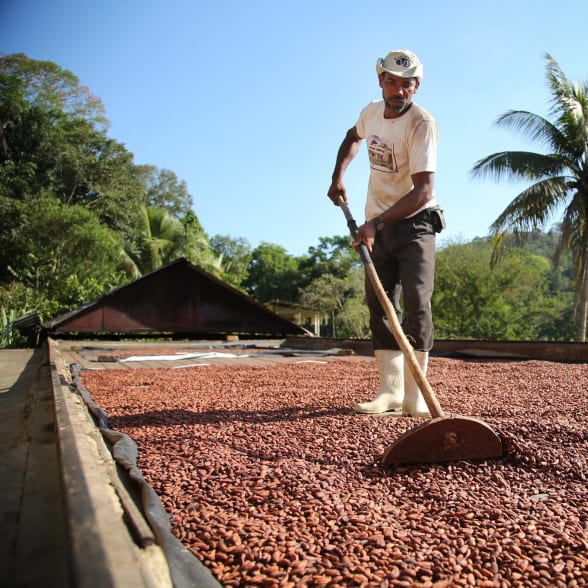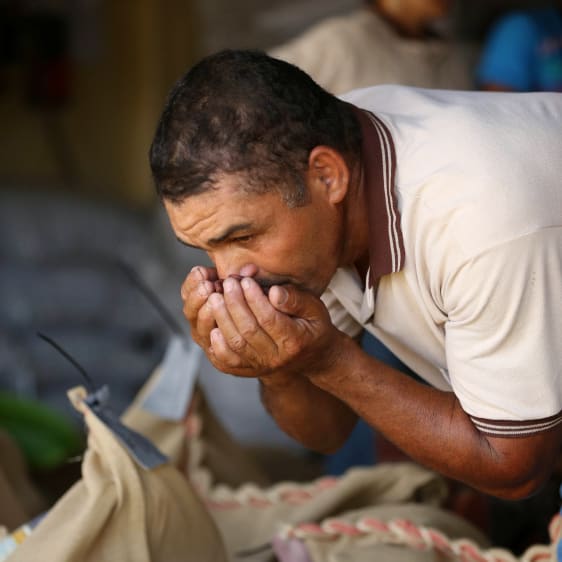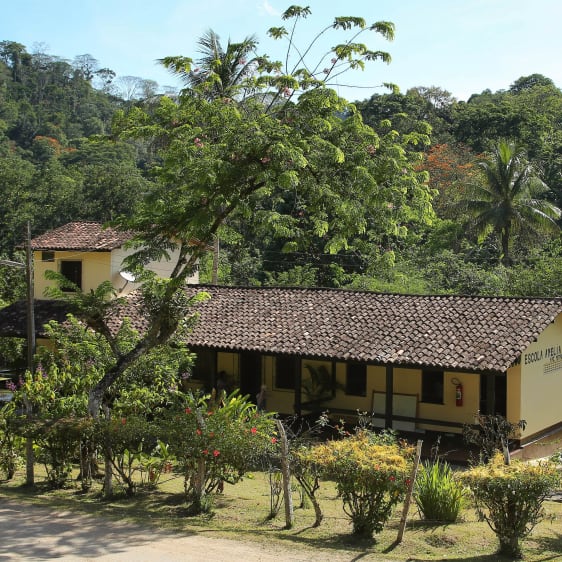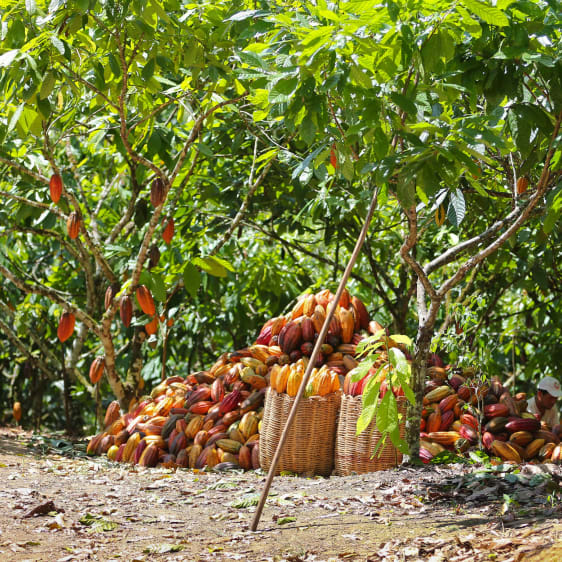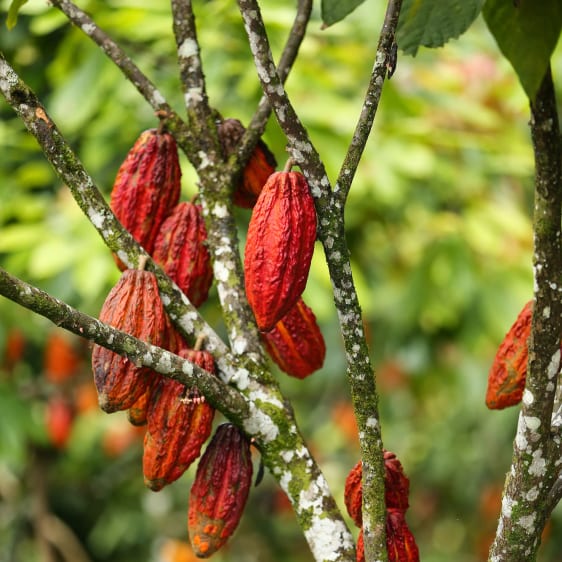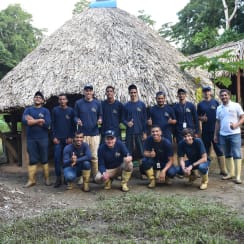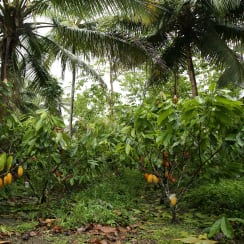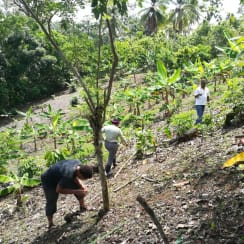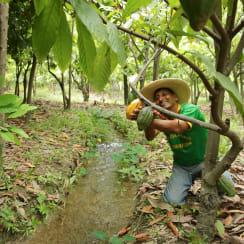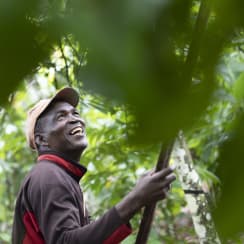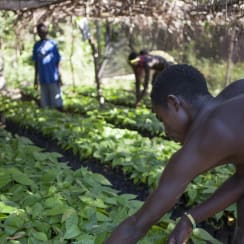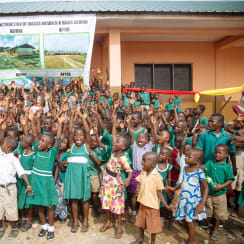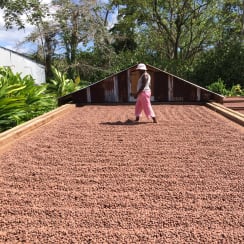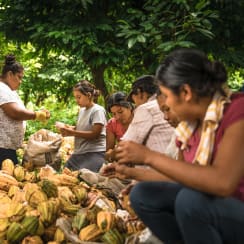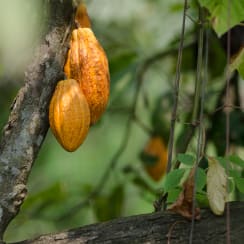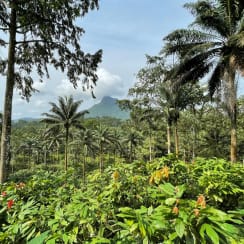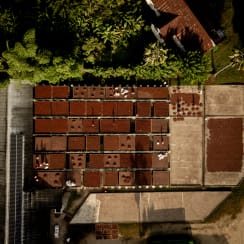You are using an outdated browser. Please upgrade your browser to improve your experience and security.
Find M. LIBÂNIO AGRÍCOLA cocoa in
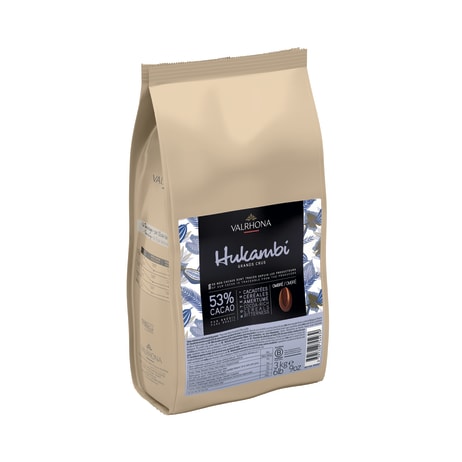
Single Origin
Hukambi 53%
Hukambi, a Single Origin* Brazil Grand Cru, and its *cocoa beans are sourced from southern Bahia. This chocolate’s blend of cocoa-rich, bitter and slightly biscuity notes ushers us in to discover the mysteries of the fauna and flora living in the shadows of the ancient forests of southern Bahia.
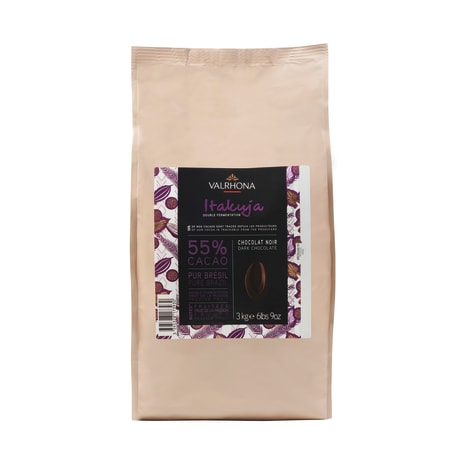
Double Fermentation
Itakuja 55%
Itakuja 55% pure origin* Brazil, a chocolate infused with passion fruit pulp, born in the heart of Brazilian plantations, with cocoa beans from the South of Bahia.
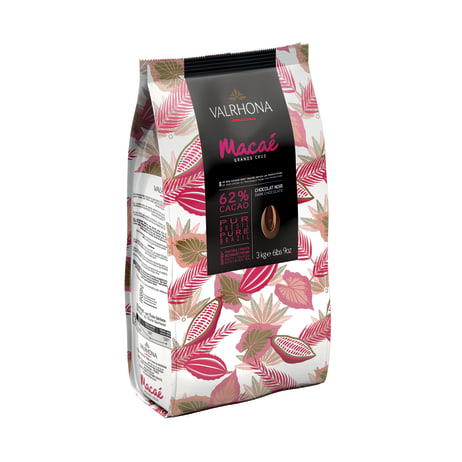
Single Origin
Macaé 62% Pure Brazil*
Macaé, Single Origin* Brazil, a Valrhona fruity dark chocolate Grand Cru with a subtle taste of roasted nuts and black tea, made from *cocoa beans from southern Bahia.

Pure Pastes
Pure Paste
The Valrhona dark chocolate Pur Pastes are ideal for your mousses, crémeux and ganaches, ice creams and sorbets
